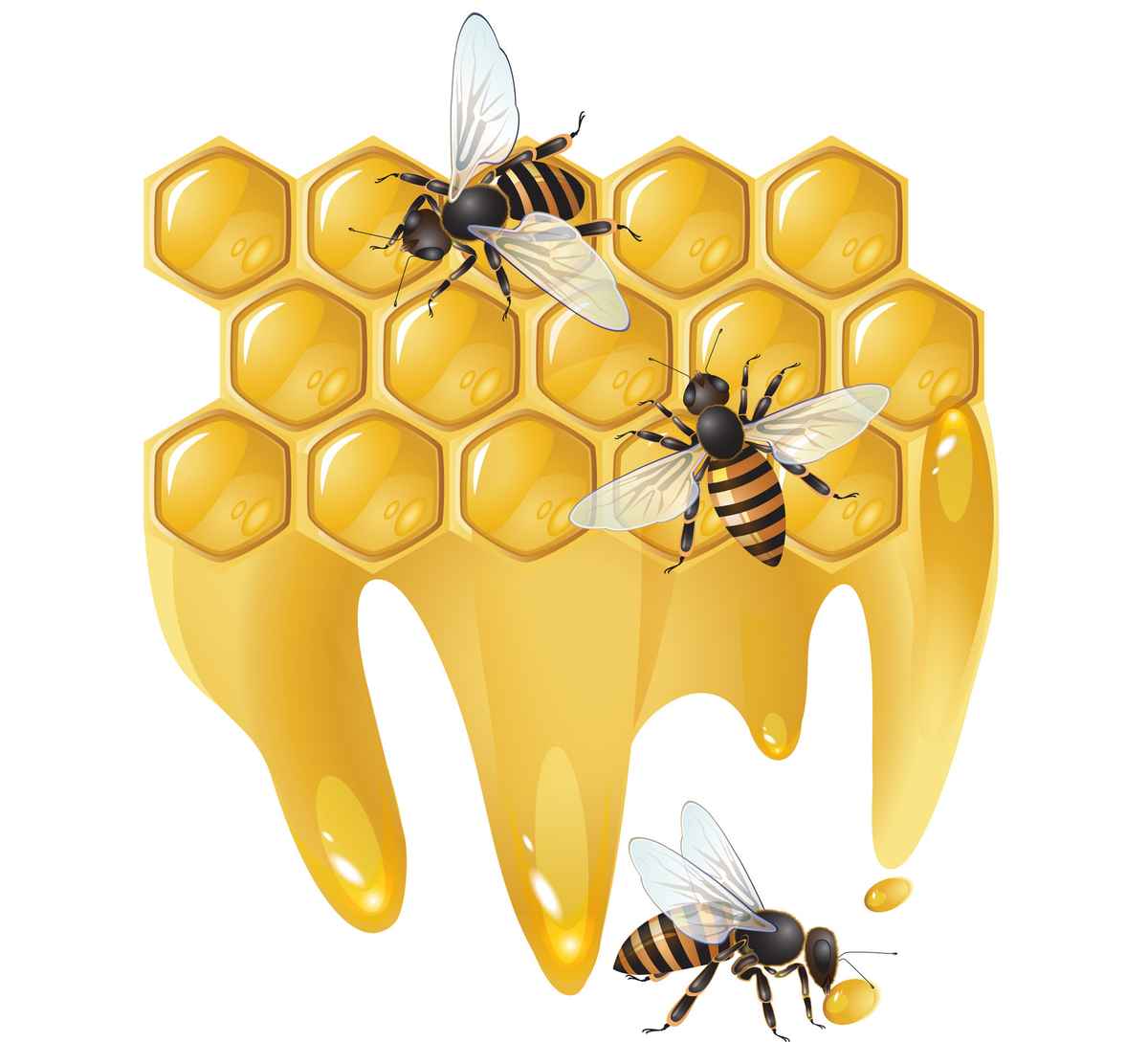The Bartender and the Bees
Cultivate buzz about your bar program’s use of honey.
Over the last 15 years, the country’s honeybee population has been decimated by colony collapse disorder. This has sounded the alarm for many chefs and bartenders. “Bees are so important to our life cycle, our planet, and the overall progression and potential of the culinary field,” says executive chef Ryan Rau at Denver’s Urban Farmer. “Honeybees travel up to three miles from the hive to find pollen, and on the way back they pollinate other plants they come across—in flower beds, fields, or urban vegetable gardens—all of which have the potential to end up on our plates.” Or, in the case of bartenders, in our rocks glasses. Urban Farmer has maintained on-site hives since 2017. The initiative supports honeybee preservation, models a sustainable hive-to-kitchen pipeline, and is the face of a bee-friendly bar program.
Got bees?
- Honey syrup is a great natural sweetener that adds depth to cocktails
- Bee pollen is an excellent rim topper
- Raw honeycomb on the side is a perfect pairing for straight liquor, much like chocolate with wine
Urban Growhouse
Serves 1
- 1 ¾ ounces Woody Creek Distillers gin
- ½ ounce Chareau Aloe liqueur
- ½ ounce honey syrup (1:1 honey to water)
- ½ ounce lime juice
- 2 pinches chopped fresh dill
- 2 dashes bee pollen bitters
Combine all ingredients and shake with ice. Double strain into a coupe. Garnish with a sprig of dill and cracked black pepper.
Talk to us! Email your experiences (and thoughts, opinions, and questions—anything, really) to askus@diningout.com.
